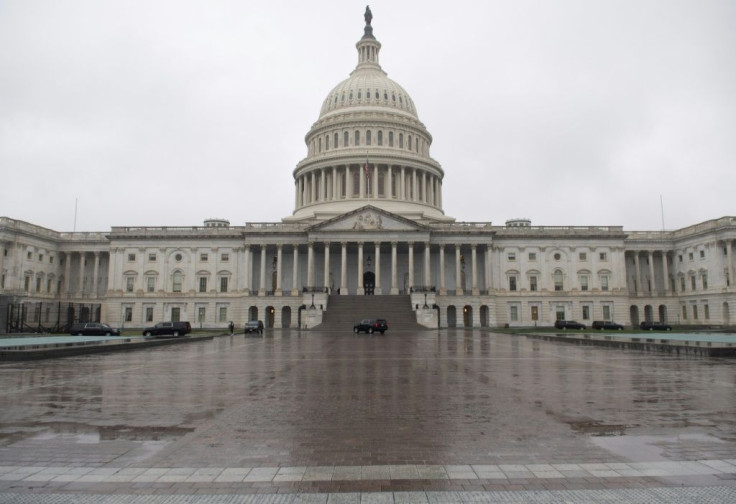Coronavirus Stimulus Checks Arrived Faster For Most White People Than For Blacks, Hispanics, Study Reveals
KEY POINTS
- More white Americans received their stimulus checks faster than Blacks or Hispanics
- This may have to do with more white Americans being banked compared to Blacks and Hispanics
- More White Americans also have their bank account information on file with the IRS
- The study was conducted by the Urban Institute
More white Americans received their coronavirus stimulus checks ahead of Blacks and Hispanics, a study has found, highligting the impact of the economic divide in the country on even direct payments designed to help during the current jobs crisis.
More middle-class households, mostly white, also received their checks faster than poor households (mostly Black and Hispanic), according to the study by the Urban Institute, a Washington, D.C., based think tank involved in economic and social policy research. The Urban Institute based its findings on a survey of more than 4,000 adults from May 14 to 27.
The stimulus check program created by the $2 trillion CARES Act (Coronavirus Aid, Relief and Economic Security Act) signed into law March 27 provides for direct payments of $1,200 to individuals earning less than $75,000 annually, and $2,400 to married couples with combined incomes below $150,000
The Urban Institute study showed that three-fourths of white adults had received their checks by late May, compared to 69% of Black adults and 63% of Hispanic adults.
Most families had received their payments two months after Congress passed the CARES Act.
The delayed payments involved people that don't file taxes as well as unbanked individuals and those without internet access.
The study said people of color are more likely to be unbanked compared to white Americans. This might help explain the delays in some people getting a stimulus check during the first wave of payments. These checks were sent to taxpayers that had their bank account information on file with the IRS.
"Adults were less likely to receive the payments if they had family incomes below 100% of (the federal poverty line) or if they were Black or Hispanic, and particularly if they were Hispanic and in families with noncitizens," wrote Janet Holtzblatt and Michael Karpman in their report.
Their study was titled, "Who Did Not Get the Economic Impact Payments by Mid-to-Late May, and Why?"
The federal poverty line for a single person under 65 in 2020 is an annual income of $12,760. The poverty line for a family of four, including two children, is $26,200.
The report shows that only 59% of households at or below the poverty level got their checks by late May. In contrast, 85% of households earning 2.5-4 times the poverty line had received their money by this time.

© Copyright IBTimes 2024. All rights reserved.





















